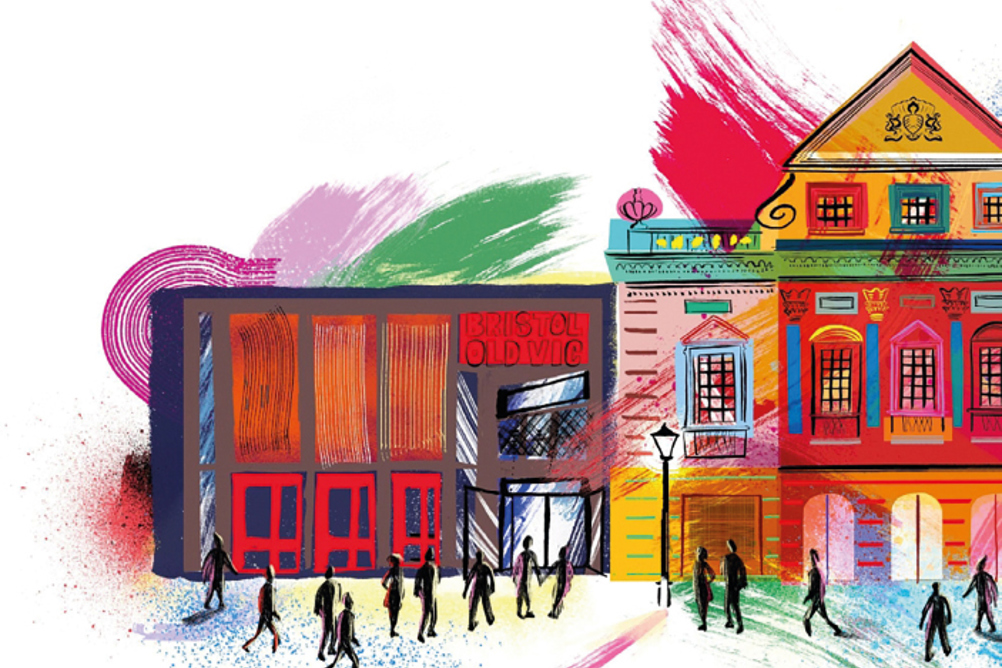
BA: So how we will be working with and collaborating with artists as part of the literary plan is multifaceted, and we're right at the beginning of a journey with it where we're reintroducing a literary programme. I will caveat everything I say in that we are moving through a process, and we will probably change it over the course of the next few years as well. But essentially, we want the literary programme to offer opportunities for writers at every stage of their career, with categories for early career writers, mid-career writers and ‘legacy’ writers. At one end, we're shaping an early-careers writing programme which will take place over autumn and the winter. It will be peer led, and all about creating an inspirational space for young writers where they can develop their skills.
Register now to continue reading
Register to the Drama & Theatre website today and gain access to all the latest news and developments from the world of drama education.
By registering you will receive:
-
Free access to 4 subscriber-only articles per month
-
Unlimited access to news and opinion on our website
Already have an account? Sign in here
